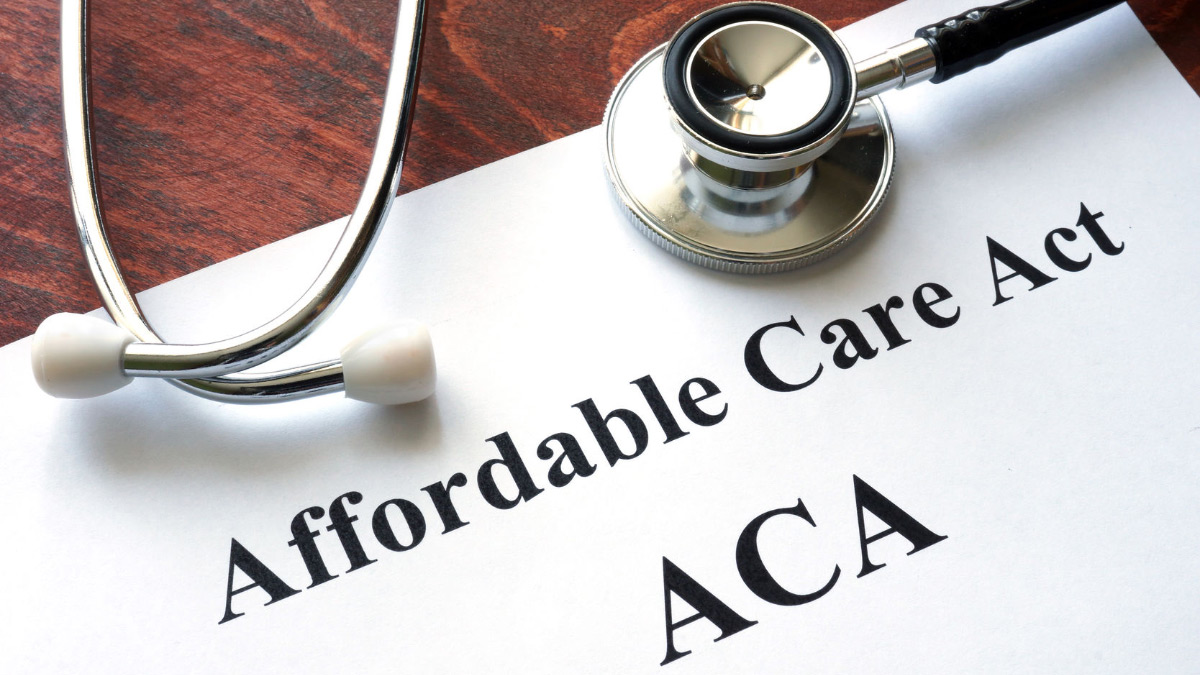If there is one thing that tends to unite economists across the political spectrum it’s the view that the government should not give unlimited tax subsidies to employer-provided health insurance. Yet that is what we have been doing
Partially as a remedy for that problem, Obamacare imposed a (yet to take effect) tax on expensive health insurance plans. But this week the House voted to repeal the tax and the Senate will likely follow suit. Here is why that matters.
When employers pay wages, that income is subject to income and payroll taxes. But if they buy health insurance for their employees instead, those amounts go completely untaxed. For the average employee, that means the employer can spend 25% more on health insurance benefits than would be available in the form of take-home pay. High-income employees in high tax states can have 50% more in health insurance than the take-home pay they could otherwise have.
There are several things wrong with this policy. First, it is highly regressive. Families in the top fifth of the income distribution get six times the tax relief for health care and health insurance expenses as families in the bottom fifth. Second, it encourages wasteful consumption. An employee in the 50% tax bracket, for example, has an incentive to buy health insurance until it is worth only 50 cents on the dollar. In fact, this is the principal reason the United Sates tends to overspend on health care.












